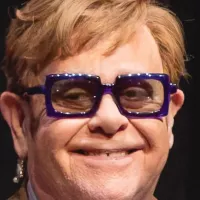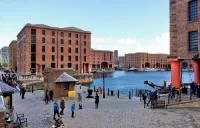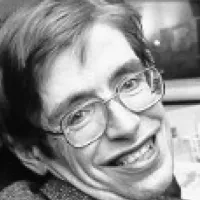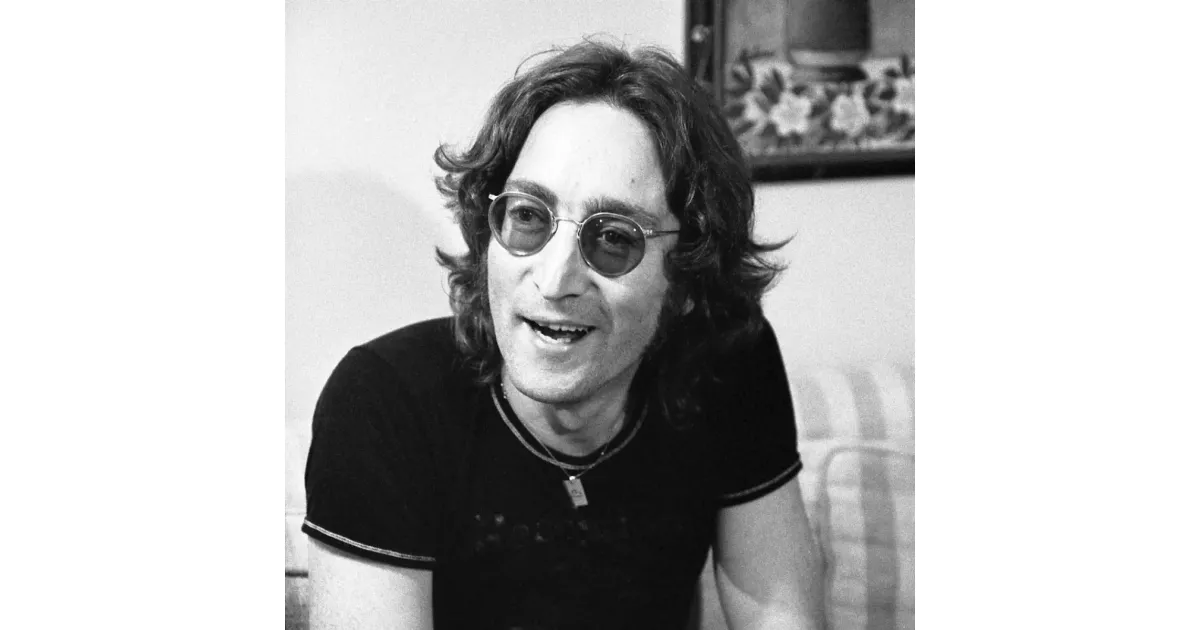Controversies are a part of history. Explore the biggest scandals linked to John Lennon.
John Lennon was a highly influential English singer-songwriter, musician, and peace activist. He achieved worldwide recognition as a founder, co-lead vocalist, and rhythm guitarist for the Beatles, one of the most successful and influential bands in music history. Lennon's songwriting collaboration with Paul McCartney is renowned as the most successful musical partnership of all time, producing a vast catalog of iconic and enduring songs. Beyond his musical achievements, Lennon used his platform to advocate for peace and social change, becoming a prominent voice for anti-war movements.
June 1963: Lennon attacks Bob Wooler at McCartney's birthday party
In June 1963, at Paul McCartney's twenty-first birthday party, John Lennon physically attacked Cavern Club master of ceremonies Bob Wooler after Wooler made a joke about Lennon's honeymoon with Epstein.
March 1966: Lennon's remark on Christianity
In March 1966, John Lennon remarked in an interview that Christianity would decline and the Beatles were more popular than Jesus. The comment, initially unnoticed in England, sparked outrage in the US when quoted months later, leading to record burnings, Ku Klux Klan activity, and threats against Lennon, influencing the band's decision to stop touring.
March 1969: Lennon and Ono's marriage and "Bag One" release
On March 20, 1969, John Lennon and Yoko Ono married and soon released a series of 14 lithographs called "Bag One" depicting scenes from their honeymoon, eight of which were deemed indecent and mostly banned and confiscated.
1969: Appearance in Self-Portrait Art Film
In 1969, John Lennon appeared in Yoko Ono's Fluxus art film "Self-Portrait", consisting of a single forty-minute shot of Lennon's penis, premiered at the Institute of Contemporary Arts.
January 1970: Bag One Lithographs Exhibition
On 15 January 1970, John Lennon's "Bag One" lithographs exhibition opened at Eugene Schuster's London Arts Gallery. The show was raided by police officers 24 hours later, who confiscated 8 of the 14 lithos on the grounds of indecency.
April 1970: McCartney publicises his departure
In April 1970, John Lennon was outraged that McCartney publicized his own departure on releasing his debut solo album.
December 1970: Lennon's interview with Rolling Stone
In a December 1970 interview with Jann Wenner of Rolling Stone magazine, John Lennon revealed his bitterness towards McCartney.
1971: Release of Imagine album
In 1971, eager for commercial success, John Lennon released the album "Imagine". The album's title track later became an anthem for anti-war movements, while the song "How Do You Sleep?" was a musical attack on McCartney. Lennon addressed his demeaning treatment of women in "Jealous Guy".
February 1972: Nixon Administration's Attempt to Deport Lennon
In February 1972, Republican Senator Strom Thurmond suggested that the Nixon administration should deport John Lennon as a "strategic counter-measure" against his anti-war activities which Nixon believed could cost him his reelection.
1972: Release of Some Time in New York City
In 1972, John Lennon and Yoko Ono released "Some Time in New York City", a collaboration with the New York band Elephant's Memory, featuring songs about women's rights, race relations, Britain's role in Northern Ireland, and Lennon's green card difficulties.
1972: Lennon stood up to Nixon
In 1972, John Lennon stood up to US President Nixon.
March 1973: Lennon Ordered to Leave the US
On 23 March 1973, John Lennon was ordered to leave the US within 60 days, while Yoko Ono was granted permanent residence.
1974: Alcohol-fueled incidents and producing Nilsson's album
In early 1974, John Lennon was drinking heavily. In March 1974, two incidents occurred at The Troubadour club: Lennon stuck an unused menstrual pad on his forehead and scuffled with a waitress, and Lennon and Nilsson were ejected from the same club after heckling the Smothers Brothers. Lennon decided to produce Nilsson's album Pussy Cats. In April 1974, Lennon had produced the Mick Jagger song "Too Many Cooks (Spoil the Soup)".
February 2000: Cousin's IRA Claim
In February 2000, John Lennon's cousin, Stanley Parkes, stated that the singer had given money to the IRA during the 1970s.
2005: Powell's memoir released
In 2005, Cynthia Powell released her memoir John, recalling incidents of Lennon's possessiveness and anger during their relationship. She recounted an instance where Lennon struck her after seeing her dance with another man.
Mentioned in this timeline

Sir Elton John is a highly successful British singer songwriter...

Bill Clinton served as the nd U S President from...

Liverpool is a port city and metropolitan borough located in...

The White House located at Pennsylvania Avenue NW in Washington...
Nigeria is a West African nation the most populous in...
California is a U S state on the Pacific Coast...
Trending

57 minutes ago Stephen Hawking's Reputation Tarnished: Epstein Files Photo Goes Viral, Sparks Controversy

57 minutes ago Noah Kahan's 'The Great Divide' Reaches Number One & Enters A New Era

57 minutes ago Tarantino's Cliff Booth Spinoff Teased with Fincher, Pitt's Netflix Movie Revealed.

58 minutes ago Chris Stapleton Dampens Hopes: No New Music Imminent, Retirement Speculation Swirls Anew

2 hours ago Ryan Gosling finds right franchise fit with Star Wars: Starfighter after feeling unconvinced previously.

2 hours ago Carey Mulligan on Narnia, Prada, and a Regretted Role Audition.
Popular

Jesse Jackson is an American civil rights activist politician and...

XXXTentacion born Jahseh Dwayne Ricardo Onfroy was a controversial yet...

Hillary Diane Rodham Clinton is a prominent American politician lawyer...

Michael Joseph Jackson the King of Pop was a highly...

Kashyap Pramod Patel is an American lawyer who became the...

Barack Obama the th U S President - was the...
